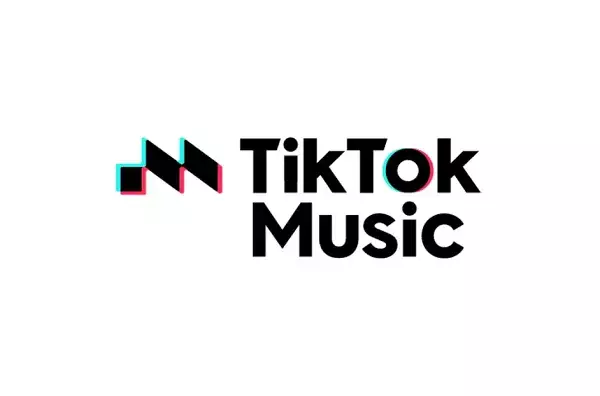The recent decision by TikTok to shutter its separate music streaming service, TikTok Music, has stirred up conversations about the platform’s future and its challenges in entering a highly competitive market. Despite the initial expectations that accompanied its launch, TikTok Music struggled to secure a significant foothold, raising questions about TikTok’s broader strategy in the music streaming industry.
TikTok Music, which originally debuted in India as Resso in late 2019, had ambitious goals tied to the meteoric rise of TikTok, especially within the Indian market. However, the platform faced considerable hurdles right from the start. The banning of TikTok in India in 2020 might have eased the path for Resso in some respects, but it appears that the app couldn’t harness the same level of enthusiasm among users. When TikTok faced a ban earlier this year, Resso was already teetering on the brink of irrelevance, hinting at a broader disinterest from potential users.
Following a brief period of rebranding and efforts to expand into countries like Brazil and Indonesia, TikTok Music ultimately failed to outpace its more established competitors. The desired impact of enhancing TikTok’s connection with the music industry by providing a streaming service to promote artists fell flat as licensing disputes and user disengagement hampered its potential.
From TikTok’s perspective, the closure of TikTok Music may not represent a failure so much as a strategic reassessment. In a marketplace saturated with stalwarts like Spotify, Apple Music, and newer entrants, TikTok’s attempts to carve out a niche proved challenging. The company seems keen to refocus its efforts back on its main app, channeling resources and attention toward solidifying its role as a vital promotional tool for artists rather than directly competing in streaming.
Supporting this sentiment, the company’s official announcement underscores its commitment to enhancing music listening experiences within the main TikTok app. It speaks to a realization that adding a separate streaming service may not yield the benefits originally envisioned, which can be seen as a wise pivot rather than a mere admission of defeat.
The imminent closure of TikTok Music, effective November 28, 2024, poses some short-term inconvenience for users who will need to transition their playlists away from the platform. TikTok has offered a window until October 28 for users to transfer their playlists and until the final closure date for refunds. Yet, the question remains: will this shift create a notable ripple effect in the lives of music-streaming consumers? For many, the answer is probably no. TikTok Music did not capture the imagination of music lovers as other services have, and its withdrawal is unlikely to leave a void in the rapidly evolving landscape of music consumption.
Moreover, for artists and music industry stakeholders, the closure may bring a sigh of relief. TikTok has carved a niche as a powerful promotional channel where music can go viral, but becoming a direct competitor in music streaming could have complicated relationships with services that artists rely upon for revenue.
The fate of TikTok Music serves as a reminder of the challenges inherent in the tech and entertainment industries, especially when trying to cross into new domains. TikTok’s venture into music streaming could be seen as ambitious, but the results did not justify the means. Lessons can be drawn here—not only for TikTok but for other platforms eyeing diversification.
Ultimately, the experience may better inform TikTok’s future strategies as it continues to foster its core brand. Rather than striving for a battle against established music streaming companies, the focus can remain on enhancing user engagement within its primary platform and harnessing the promotional prowess that made TikTok a juggernaut in the first place. As TikTok exits this competitive arena, it must ensure that its primary strength—the seamless integration of music within video content—remains its hallmark for both user experience and industry partnerships.


Leave a Reply